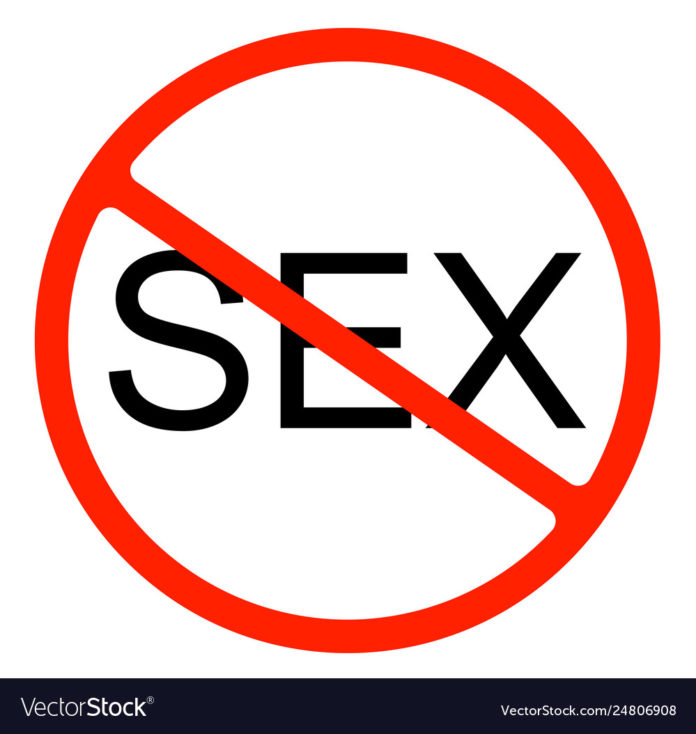
If you are going through a prolonged spell of no sexual activity, you could potentially be storing up a host of problems.
Not having sex can be bad for you? There are many ways that a lack of action can affect your body.
Sex is a powerful thing. It has the power to improve your mood and even whittle your waistline, and sex once a week can even increase longevity. But what if you’re not having regular sex—or any sex at all? The health effects of celibacy vary based on your health, how old you are, and even what kind of sex you were having but you will likely see some impacts.
For men specifically, you are likely to suffer these health issues if you go dry for a long time.
- Your risk for erectile dysfunction rises
Use it or lose it. Men who have sex infrequently are twice as likely to experience erectile dysfunction as men who do it once a week or more.
- Your risk for prostate cancer could increase
If your dry spell extends to the self-pleasure zone, research says that’s not healthy. Guys who stop having sex may miss out on the prostate-protecting perks of frequent trysts.
Multiple studies have pointed to the conclusion that “high ejaculation frequency” (a.k.a. jerking off at least 4.6 to seven times a week) is linked to a lower risk of prostate cancer.
Since the penis is a muscle, frequent sex may help preserve potency in a similar way that physical exercise helps maintain strength.
- Your blood pressure might rise
Sex seems to help keep your blood pressure down. That makes sense when you consider what it does: It adds a bit of aerobic and muscle-building exercise, and it can ease anxiety and make you feel better. Both of those can help keep your numbers where they need to be.
- Your immune system may get weaker
Weekly sex seems to boost your immune system compared to those who have it less often. Part of the reason may be that it raises levels of a germ-fighting substance called immunoglobulin A, or IgA. But more is not always better here. People who had sex more than twice a week had lower levels of IgA than those who had no sex.
